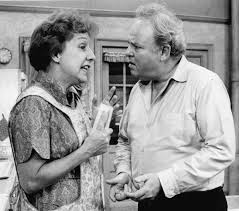Last week I found myself in a situation where I was talking with someone and I could hear my own voice. I sounded condescending and intense, with a tinge of anger. It was not how I wanted to convey my message and I felt helpless. At that time, I shared with this person that I could hear my own voice and my intention was not to be condescending, and for some reason I really couldn’t change the sound of my voice. I kept good eye contact to stay connected.
I was trying to understand what the person was doing and was in shock. It took me a couple of days of self-reflection to understand what was happening for me. What I realized was I was shocked by this person’s behavior. I could see the lack of basic skills. Later, I understood that my reaction was shock and also fear. I could not even imagine how someone that age would be unable to do simple tasks. Seeing the person lacking basic skills scared me because I felt responsible to help and I was overwhelmed by the scope of this.
The self-reflection helped me see my own over-functioning behavior and how I can choose to teach and help or choose not to do this. Once I looked at what was underneath my seemingly uncontrollable over-reaction, I called the person and apologized. I was calm and connected and it felt much better. Then I began to look at ways that I could empower the person and not rescue or shame.
The point of this story is that self-reflection is really important and many people don’t have the ability or desire to do this. Very few people take the time to self-reflect and look at how they behave. Because of that, very few people take the time to make amends. Making amends is different than just saying you’re sorry. Too often people say I’m sorry all day long and it has nothing to do with what they do, but is an automatic response because of low self-esteem.
Amends making comes from thinking over a situation and looking at, not only what you did, but also identifying your pattern of reacting. It is about understanding what triggered you so you can do better in the future. The other part of amends making is you don’t only say you are sorry, but you do something to make it better.
I called the person and said I am working on being more respectful and I will do better. In the next couple weeks I’ll do something special for this person to complete my amends making.
We all deserve to be treated with respect. We start by being self-reflective and then make amends. This builds your character. You also model healthy behavior for others.
God grant me the serenity
to accept the things I cannot change;
courage to change the things I can;
and wisdom to know the difference.

